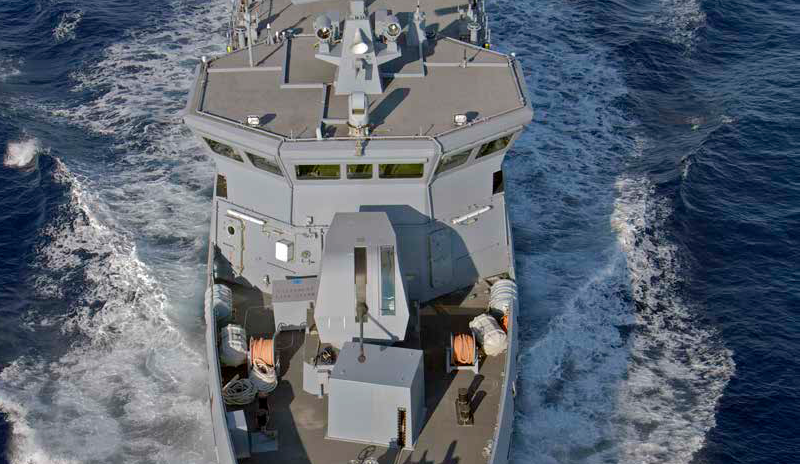Hydroelectric power generation is currently the predominant source for low-carbon power generation and to support grid stability in the face of the growing use of other unpredictable, renewable energy sources. This means that water turbines are becoming the focus of increased study and optimization.
This technical article, a collaboration between EnginSoft and ZECO, compares two different methodologies for the study and optimization of impulse turbines, specifically Pelton turbines, in order to evaluate which is the quicker and more reliable method. Pelton impulse turbines are more difficult and challenging to analyze than reaction turbines due to the complexity of their fluid dynamics and the resulting computational resources required for the necessary transient multiphase simulation.
The unsustainably high time and computing requirements mean that there are some technical deficiencies in sector knowledge about specific elements of these turbines and their functioning, such as the inside of the water jet.
Two methods were evaluated: the traditional Eulerian approach and a novel Lagrangian approach using Moving Particle Simulation (MPS).
The novel MPS approach proved to save considerable time and revealed information not discovered before, opening up new possibilities for optimizing these turbines.
Read the articlesoftware
Particleworks is an advanced CFD Software solution, based on the Moving Particle Simulation (MPS) method.
particleworks

CASE STUDY
This technical article describes a comparative study that was undertaken by Intermarine, with the assistance of EnginSoft, between using the Flownex simulation environment and Intermarine’s manual or classic methods (both of which were compared with actual field data from on-board measurements) to predict pressure losses in the various piping systems that convey fluids on board a vessel.
marine energy oil-gas flownex